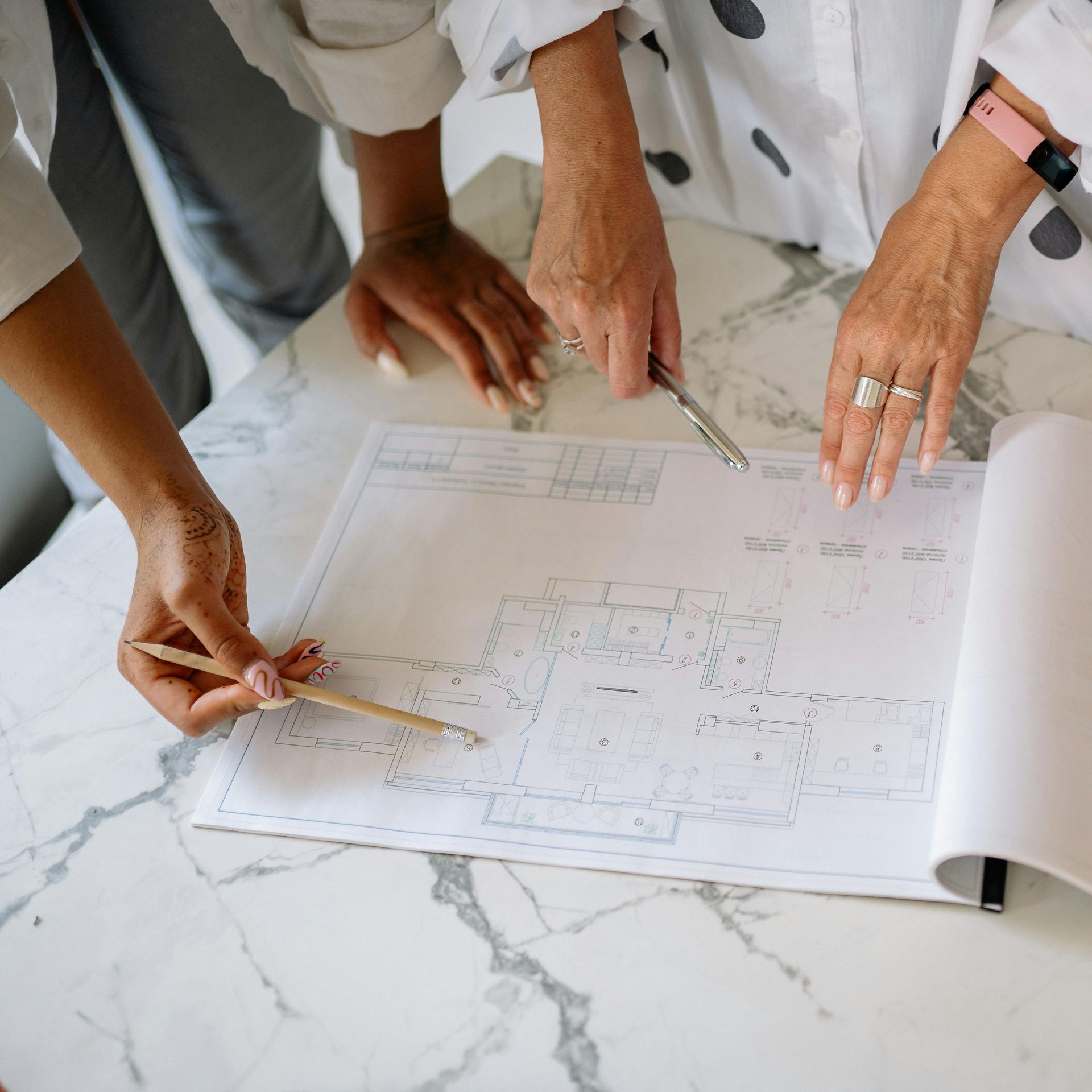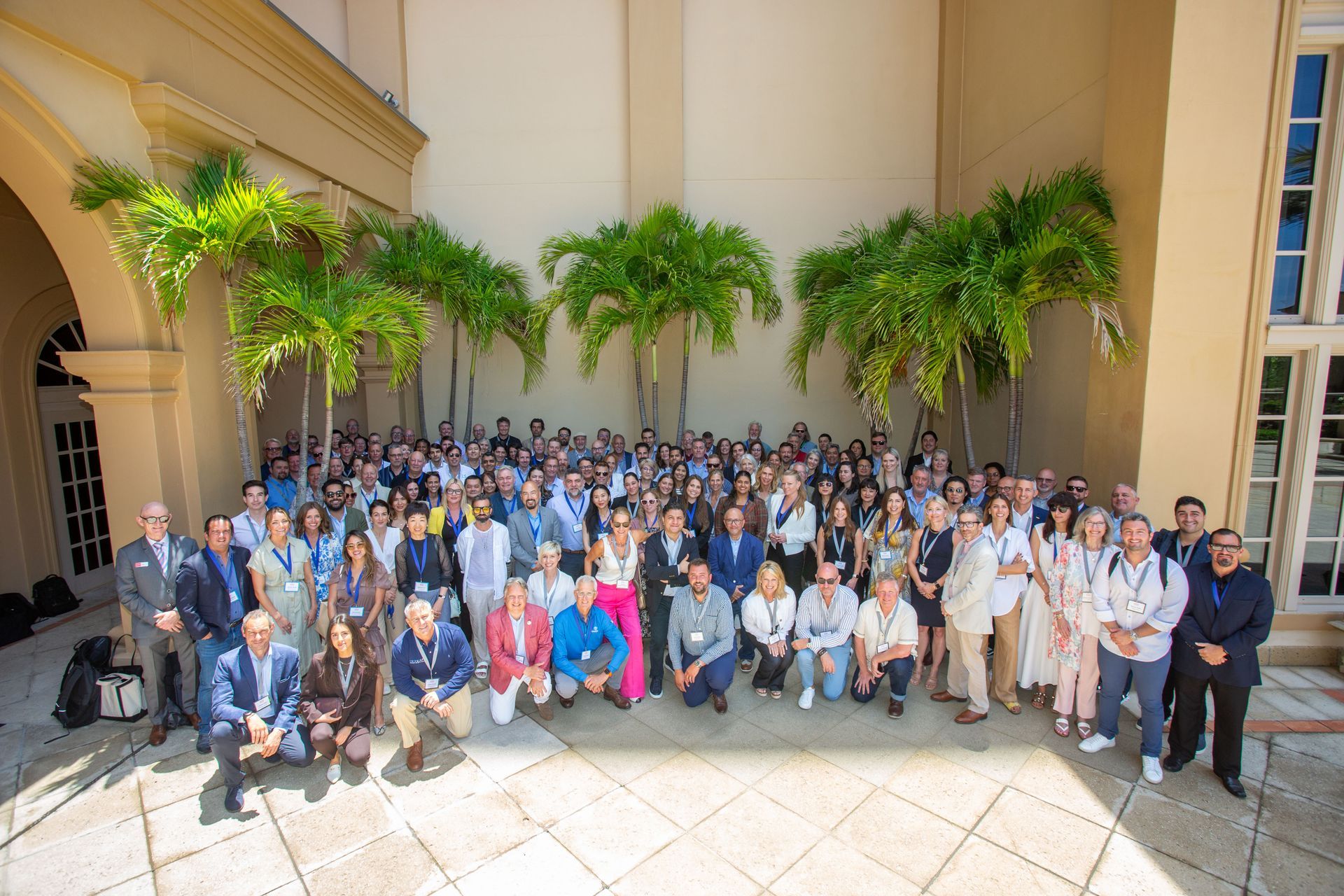What Hotel Owners Overlook During Renovations - And How a Hospitality Consultant Saves the Bottom Line
What Hotel Owners Overlook During Renovations - And How a Hospitality Consultant Saves the Bottom Line
Renovating a hotel is more than selecting new furniture or updating finishes - it’s a complex process that impacts branding, operations, guest experience, and financial performance. While design and construction teams handle the visible transformation, the behind-the-scenes decisions often determine whether the project truly adds long-term value.
At Kennedy Consulting Services, we’re often brought in to assess renovation plans or troubleshoot challenges mid-project. What we see time and again are well-intentioned owners and developers unknowingly missing critical steps - leading to delays, budget overruns, and operational headaches that could have been avoided.
Here are some of the most common oversights - and how a hospitality consultant can help keep your project on track and on budget.
1. Misunderstanding Brand Standards and Approval Processes
Hotel brands have extensive design and construction standards for good reason, but interpreting and implementing them isn’t always straightforward. Many owners underestimate the time and coordination needed to receive brand approval - especially during renovations when existing conditions must be reconciled with new requirements.
A hospitality consultant helps decode brand expectations, communicates with brand representatives, and ensures that designs meet requirements without overbuilding or overdesigning. This proactive alignment saves both time and rework.
2. Ignoring Operational Flow and Back-of-House Functionality
It’s easy to focus on the guest-facing areas of a renovation - lobbies, guestrooms, restaurants - but operational flow is just as critical. Inefficient layouts for laundry, housekeeping, service elevators, or kitchens can create long-term friction that affects staff productivity and guest service.
An experienced consultant brings an operational lens to the design process, ensuring that behind-the-scenes spaces are functional, compliant, and efficient - without taking up unnecessary square footage.
3. Choosing Aesthetics Over Durability
Design trends evolve quickly, but hotels need materials and finishes that withstand years of heavy use. Sometimes, value engineering leads to short-term savings and long-term problems - like selecting flooring or casegoods that don’t hold up to guest traffic.
A hospitality consultant can help identify where to invest and where to save, making sure selections balance visual appeal, performance, and lifecycle cost.
4. Misaligned FF&E and OS&E Planning
Renovation budgets often fall apart when FF&E (furniture, fixtures, and equipment) and OS&E (operating supplies and equipment) are overlooked or handled too late in the process. If procurement doesn’t align with design and construction schedules, installations get delayed and costs creep up.
We coordinate closely with procurement teams and vendors, making sure specs, quantities, and delivery timelines align with the overall project goals.
5. Failing to Engage Staff Early
Hotel staff have deep insight into what works and what doesn’t. Unfortunately, they’re often left out of the design process. This leads to missed opportunities to improve workflows, amenities, or guest service touchpoints.
We encourage owners to bring operational teams to the table early - and we help translate their input into design solutions that make a difference from day one.
The Value of a Hospitality Consultant
At Kennedy Consulting Services, our role is to bridge the gap between ownership goals, design intent, and operational needs. We advocate for the project’s success from all angles - not just how it looks, but how it works, what it costs, and how it performs over time.
We’re not here to replace your design or construction teams - we’re here to enhance them. By offering hospitality-specific expertise and owner-focused guidance, we help reduce costly mistakes, streamline decision-making, and ensure every renovation dollar works harder.
Planning a Renovation? Bring in the Right Advocate.
If you’re preparing for a hotel renovation or repositioning project, don’t wait until problems arise. A hospitality consultant can help you get it right the first time - saving time, money, and frustration.
Let’s talk about how we can support your next project.
The KCS Perspective



